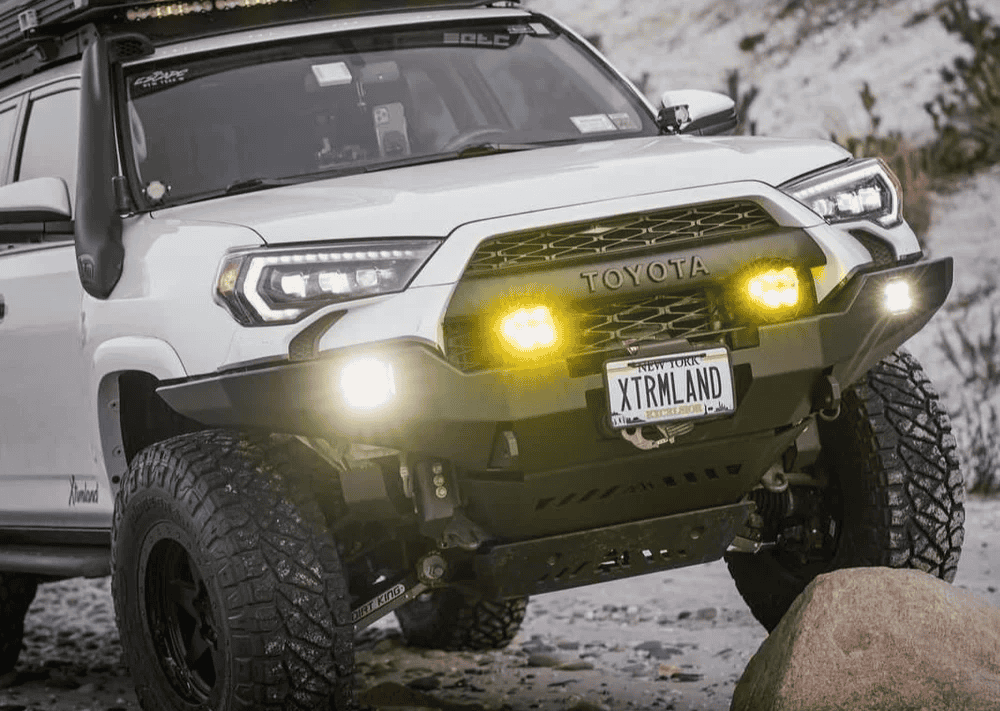Overland Vehicles

The choice between an overland camper truck and an overland camper van starts with where you travel and how you live on the road. A truck platform excels on broken terrain thanks to approach and departure angles, frame strength, and wheel travel. Slide in units let you detach the living module and keep the truck bed free when needed. A van, on the other hand, feels like a rolling studio apartment with interior pass through, stealth appeal, and weather friendly access.
If you often camp on tight trails or tow additional gear, a truck based setup offers flexibility with bed racks, canopies, and removable campers. If you work from the road or prefer to move about inside during storms, an overland camper van provides a single sealed cabin with fewer steps between cab and coach.
Weight matters for both. For trucks, payload and center of gravity dictate safe handling. For vans, axle ratings and wheelbase influence layout choices. If you find a camper van shell for sale, plan for insulation, wiring, and moisture control before adding cabinetry and water systems. That early planning keeps the finished build quiet, warm, and creak free on corrugated roads.
Trucks are modular. You can run a bed cap on weekdays, then mount a camper for a long loop. Tire sizing, spare carrier options, and armor are straightforward. Recovery points and suspension upgrades are available across trim levels. This flexibility is why many travelers choose an overland camper truck for remote routes.
Vans keep the living space connected. You can cook, work, and rest without stepping outside in rain or snow. A diesel or gas heater simplifies cold nights. Interior height and continuous floor space make organization easy, which is why an overland camper van shines for long stretches on the highway and quick overnight stops in town.
Toyota Tundra owners have strong choices for slide in campers. Before shopping, confirm the payload rating on the door sticker, the bed length, and the axle ratio. Match camper weight to that number with a cushion for water, fuel, passengers, and gear. For slide in campers for Toyota Tundra, watch the center of gravity line relative to the rear axle to preserve stable handling on washboard climbs.
Suspension support is common. Progressive leaf packs, airbags, or tuned coilovers can help maintain ride height and braking stability when loaded. Tire load rating should match the new gross weight. With a tundra pop up camper, the lower profile reduces wind resistance and center of gravity, making narrow trails and parking garages less stressful.
Hard side campers provide insulation and cabinetry with less setup time. Pop up campers drop height and weight, improving fuel economy and stability. Shell style units let you customize interiors over time with storage, power, and sleeping platforms. When you search for a Toyota Tundra camper for sale or a Toyota Tundra truck camper for sale, check roof lift mechanisms, seals, and any signs of water intrusion. Electrical systems should have fused distribution, proper wire gauge, and solid grounds.
A short checklist helps during inspection:
Tundra campers are happiest when balanced. Pack dense items low and forward, keep a full size spare accessible, and secure tall cargo. If you run a bed rack with a tent while you shop for a camper, match rack rating to tent and occupants, and confirm the truck’s roof and bed rail ratings.
By now you know whether a truck or van suits your routes, and what a Tundra needs to carry a camper with margin. Next comes integration. Good builds start with power planning. Estimate daily watt hours for a fridge, laptops, pumps, and fans, then size the battery bank and solar. Ventilation prevents condensation and preserves insulation. Lighting should mix task spots with warm ambient strips to reduce eye fatigue at camp.
Space is your ally. In trucks, a compact galley, robust drawer slides, and quick access to recovery gear keep camp simple. In vans, divide the cabin into zones for sleep, cook, work, and gear so each task feels natural. For cold weather, prioritize insulation continuity and minimize thermal bridges. For hot climates, manage shade, airflow, and interior reflectivity.
If you want professional guidance and a finished system, explore builders who specialize in both trucks and vans. See what a comprehensive approach looks like on Explore overland rigs and how a cohesive plan turns parts into a reliable travel machine. To understand the process behind tailored installs, review Custom overland upfit for a sense of layout, wiring, and mounting standards. Curious about team, methods, and quality benchmarks? Read Why choose OZK Customs to learn how experience influences every decision from materials to testing.
Set a realistic total weight target, then choose a camper that keeps you under payload with full water and food onboard. Confirm bed length and tailgate clearance, and plan tie down locations that spread loads into the frame. Map power, heat, and storage before you drive home so your first trip feels smooth, not experimental. When you are ready to transform your Toyota Tundra or a van platform into a comfortable, dependable home on wheels, a purpose built upfit will save time and deliver confidence on day one.
Ready to turn research into a real rig? OZK Customs designs and builds trail proven trucks and vans, tuned for your routes, payload, and comfort. Tell us how you travel and we will plan a custom upfit or full build that fits your Toyota Tundra or van platform perfectly. Start your build plan today.
ADDRESS:
6159 E Huntsville Rd, Fayetteville, AR 72701
PHONE:
(479) 326-9200
EMAIL:
info@ozkvans.com